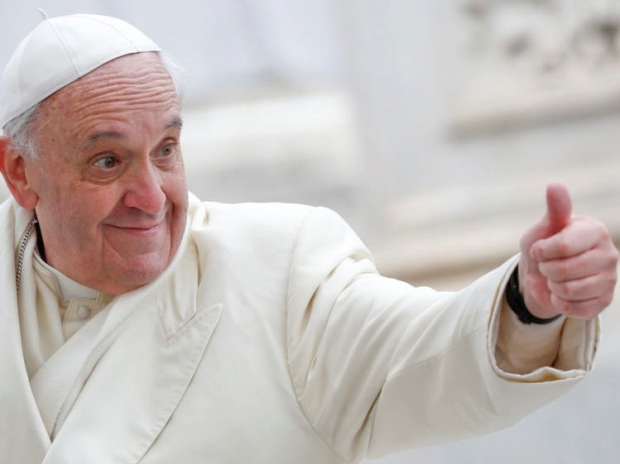The “Rome Call for AI Ethics” asserts that the technology should respect privacy, work reliably and without bias, consider “the needs of all human beings” and operate transparently - an area of ongoing research because AI systems’ decisions are often inscrutable.
The Vatican’s initiative grew out of concerns that Pope Francis raised about AI and its effect on society more than a year ago, according to John Kelly III, executive vice president of IBM and one of the signatories.
“His major concerns were, will it be available to everyone, or is it going to further bifurcate the haves and the have-not’s?” Kelly told Reuters in an interview. Vatican officials had concerns about AI displacing jobs and met with IBM in the United States at a research center in September, he said.
Pope Francis was due to receive the document Friday to conclude a conference that the Vatican’s Pontifical Academy for Life hosted this week on AI ethics. Others participating included the European Parliament’s President David Sassoli and Microsoft’s President Brad Smith.
It was not immediately clear which other technology companies might sign on to the document going forward, or how signatories would implement the principles.
IBM for instance wants a doctor to be in the loop when its AI makes healthcare recommendations - something that may increase over time following a deal it announced this week with the Bambino Gesù Children’s Hospital in Rome. That partnership will focus on developing technology to speed up diagnosis and treatment of brain tumor patients.
Both IBM and Microsoft have said they turned down business when they felt uncomfortable with how a customer wanted to use their technology. Still, according to Kelly, about a third of the ethics questions IBM typically faces have no obvious answer.
“Going forward we’re going to see more falling in that category, only because the technology is advancing so fast”, he said.




